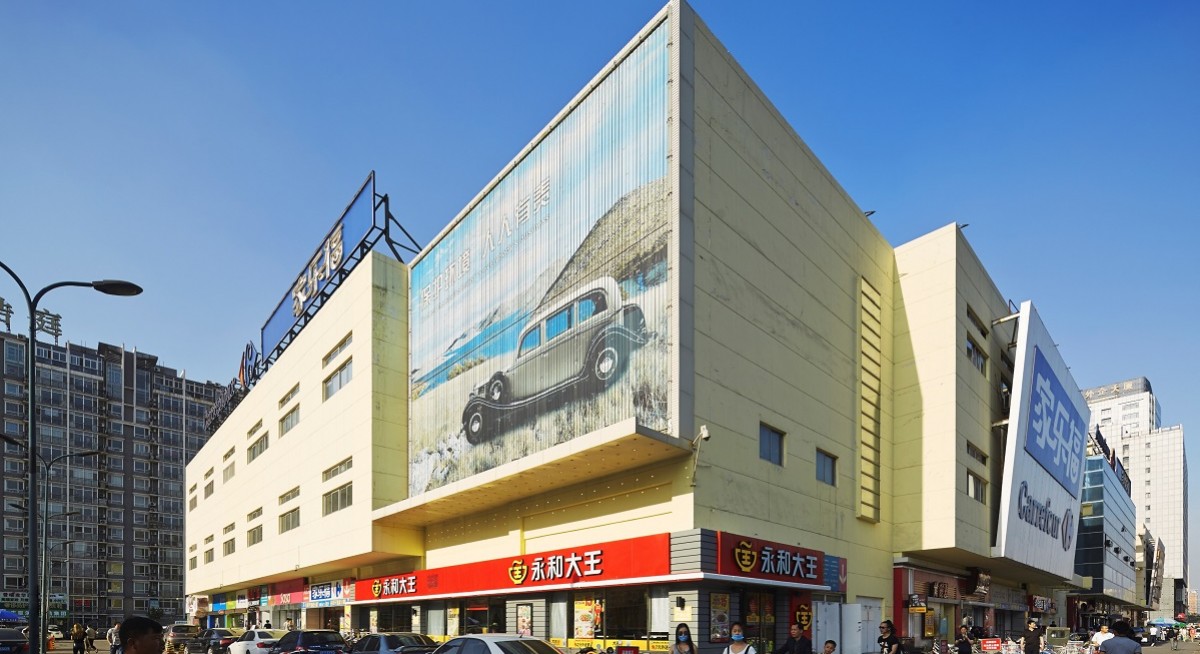"The transaction deal bears a close resemblance to some of the older deals executed by the managers, where the divestment of structurally weaker malls were executed at above portfolio valuations," says DBS.
Earlier examples included Erqi mall, which was sold at 21% above valuation, and Minzhongleyuan mall, which was sold at 4% above valuation.
According to DBS, the Shuang Jing mall, part of CLCT's original portfolio at the time of IPO, is one of the older assets and has been in operation for more than 19 years.
It has a shorter land lease tenure remaining of 19 years as compared to newer retail malls injected into the portfolio at 29 years.
See also: Citi keeps ‘buy’ on CLI at $3.40 TP on ‘proactive’ M&A exploration and growing FUM
From the perspective of DBS, by selling away this mall, CLCT has mitigated tenant default risk on an asset level.
A tenant, which contributed around 2% of CLCT's FY2022 gross rental income, has fallen into arrears, as disclosed by the REIT in the latest 3Q operational update.
"The sale of the asset will mean the exit of the master lease tenants within the asset, and de-risk retail tenant profile within the portfolio," adds DBS.
Upon completion of the deal, proceeds will be recycled into either debt repayment of higher-costing debt within the portfolio which is priced in the range of high 4% to 5%.
Proceeds can possibly be used for shares buyback too, given how CLCT is now trading at just 0.6x book value and with forward yield at 9%, says DBS, describing CLCT as one of the retail S-REITs with "deep value".
"We see an opportunity window for re-entry before the start of share buybacks for investors who are taking a longer-term recovery view for China to ride on the upside from share buybacks," adds DBS.
As at 3.13pm, CLCT shares changed hands at 87 cents, up 1.17% for the day, but down 22.77% year to date




